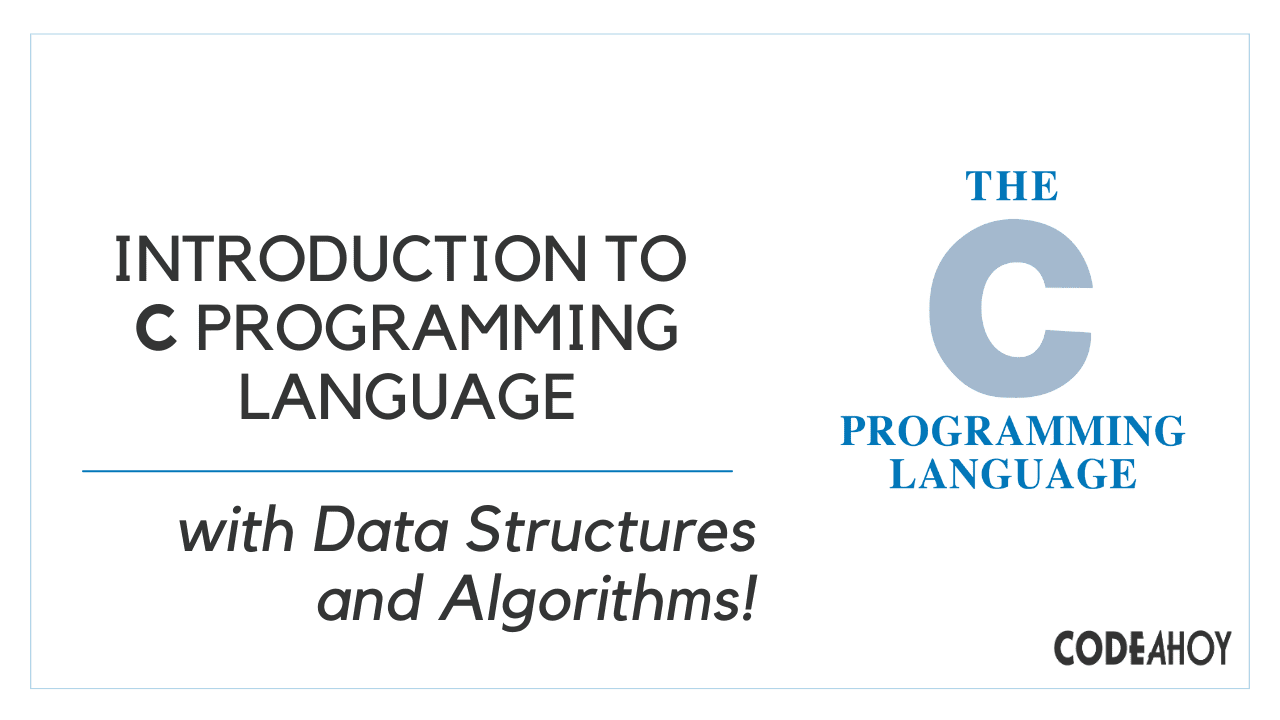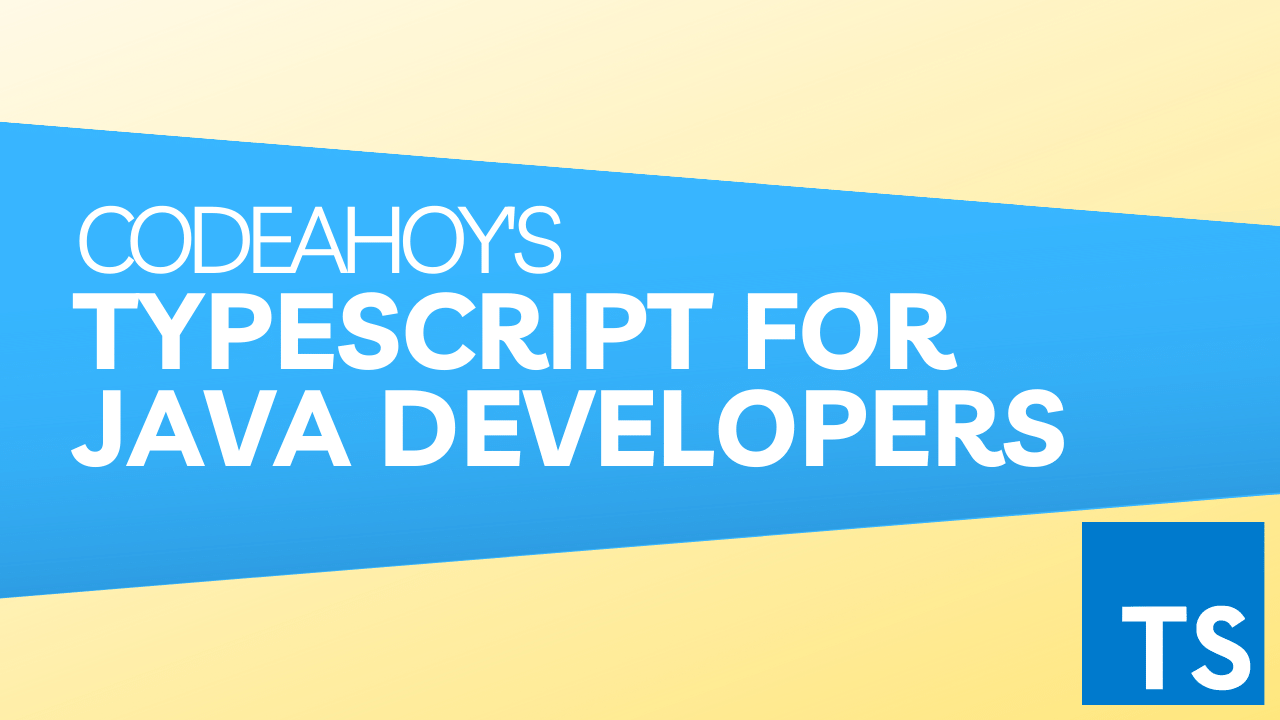Books / Practical Cryptography for Developers (Unfinished) / Chapter 6b
ECDH Key Exchange
The ECDH (Elliptic Curve Diffie–Hellman Key Exchange) is anonymous key agreement scheme, which allows two parties, each having an elliptic-curve public–private key pair, to establish a shared secret over an insecure channel. ECDH is very similar to the classical DHKE (Diffie–Hellman Key Exchange) algorithm, but it uses ECC point multiplication instead of modular exponentiations. ECDH is based on the following property of EC points:
- (a * G) * b = (b * G) * a
If we have two secret numbers a and b (two private keys, belonging to Alice and Bob) and an ECC elliptic curve with generator point G, we can exchange over an insecure channel the values (a * G) and (b * G) (the public keys of Alice and Bob) and then we can derive a shared secret: secret = (a * G) * b = (b * G) * a. Pretty simple. The above equation takes the following form:
- alicePubKey * bobPrivKey = bobPubKey * alicePrivKey = secret
The ECDH algorithm (Elliptic Curve Diffie–Hellman Key Exchange) is trivial:
- Alice generates a random ECC key pair: {alicePrivKey, alicePubKey = alicePrivKey * G}
- Bob generates a random ECC key pair: {bobPrivKey, bobPubKey = bobPrivKey * G}
- Alice and Bob exchange their public keys through the insecure channel (e.g. over Internet)
- Alice calculates sharedKey = bobPubKey * alicePrivKey
- Bob calculates sharedKey = alicePubKey * bobPrivKey
- Now both Alice and Bob have the same sharedKey == bobPubKey * alicePrivKey == alicePubKey * bobPrivKey
In the next section, we shall implement the ECDH algorithm and demonstrate it with code example.




